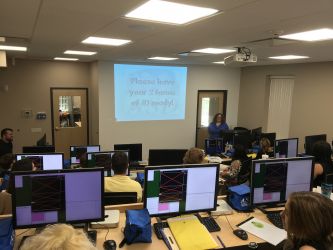Dec 03, 2017
Emotional intelligence is not something you typically see on
a resume bullet point. It’s not a quality that can be measured or defined—there
is no empathy IQ Test. However, if such a test were to exist, it would
undoubtedly have a great deal in common with ASD’s 6-month training program.
Our company is always seeking job candidates who can feel without touching, who
speak the universal language of kindness and have a natural ability to see through
the cords and wires to fully imagine the person on the other end of the line.
It takes a special kind of person to willingly step into the darkness of a
stranger’s sadness and pain, in hopes of bringing in a little light. At ASD, we
have made it our company’s mission to find, train and support that special kind
of person.
Every month, hundreds of candidates apply for positions at
ASD, but only a select few make it through ASD’s extensive, 6-month training program.
Trainees are quizzed on various call handling scenarios to ensure they
understand how to convey empathy and compassion to callers. With synced
computers and a large projection screen, ASD’s Group Training Center provides new
hires with an in-depth look at ASD’s sophisticated computer systems. Question
and answer sessions ensure trainees advance through the program at the same
level. At the end of each group training class, new hires progress to
one-on-one training with an experienced Training Specialist. These veteran
employees mentor new Call Specialists and evaluate each employee’s performance
with Supervisors signing off on every step of the process.
Beyond these stages of training,
new ASD employees must also become familiarized with the many different
customizable options and specialized solutions our company offers to the
funeral profession. ASD Training Supervisor,
Renee Mancer, explains: “Each
client is unique and deserves our utmost attention. Our training includes
different solutions ASD offers and how our clients use them to work more
efficiently.”
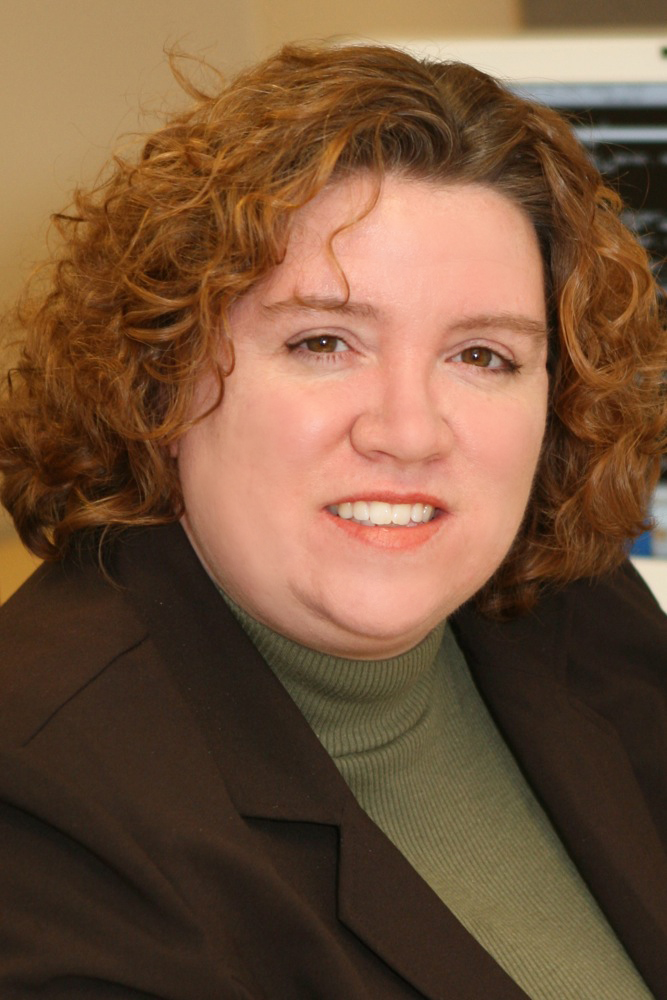
ASD Training Supervisor, Renee Mancer, who has been a part of our team
for more than 23 years!
Most people would be surprised to
learn just how thoroughly our training program explores the funeral business as
well as the burial customs of
different religions, ethnicities and geographic regions. From the role of a Shomer
in Jewish funerals to the burial rights of United States Veterans, our Call
Specialists acquire much more knowledge than you might expect during their
training period.
Here are 9 Topics You Probably Didn’t
Know Were Covered In ASD’s Training Program
Know Were Covered In ASD’s Training Program
1. Unique Funeral Businesses
Located in Indianapolis, Flanner and Buchanan is not just a funeral home, but an event company with facilities that can host a wide range of events. This is one of the accounts covered in detail during ASD’s Training Program.
Whether it’s
a funeral home that also runs a furniture store, a director who owns an
apartment complex and regularly receives calls from tenants, or a removal and
transport company that handles calls for several counties, ASD can handle it. During
training, time is devoted to reviewing atypical funeral businesses that have
special notations or instructions listed that must be followed. This is to prepare our new employees for situations that might fall outside of the norm. For instance, some funeral homes provide reception services or use their own in-house florist. These are just a few examples of some of the specific scenarios and examples that are covered during training.
“Because
we work closely with the team that manages the creation and setup of new
accounts, we are kept informed of accounts that utilize any specialized
attributes,”
explains ASD Training Supervisor, T.J. Hopson. “This enables us to
meet with the Call Specialists as needed to review these accounts and their individual
needs to fully explain what is expected for the new client. This empowers the
Call Specialist and inspires confidence that they are ready to take calls on
these accounts.”
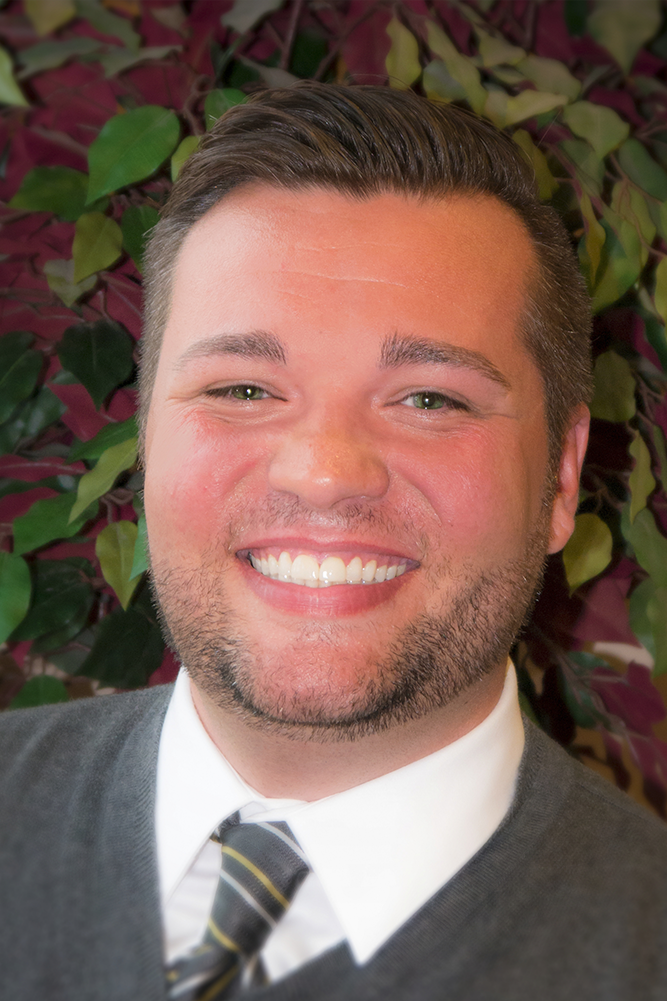
ASD Training Supervisor, TJ Hopson,
who joined ASD in 2015 and been instrumental to both our Operations and
Customer Service teams.
2. Cremation Phone
Shoppers

handled for funeral homes relating to questions about cremation, pricing and
funeral options. Over time, these inquiries have increased in frequency and in
response we have put a stronger focus on training our Call Specialists to
recognize these critical calls. Our staff is taught how to pick up on subtle
clues, such as the person’s tone of voice or background noise, when the caller
is hesitant to state their reason for calling. We also have solutions in place to
immediately connect funeral directors with these calls once we recognize they
are shopping for a funeral home. Becoming familiar with these technical
features and listening closely to what callers say (as well as what they don’t)
are skills every new ASD employee must acquire.
One of the methods we have used to help our employees expand
their knowledge in this area is offering continuing education lectures with
experienced funeral experts. Earlier this year, Cremation Consultant,
Julie
Burn
, visited ASD and addressed our staff on communicating with cremation phone
shoppers. Julie provided helpful examples and answered questions from our Call
Specialists on how to best handle challenging scenarios.
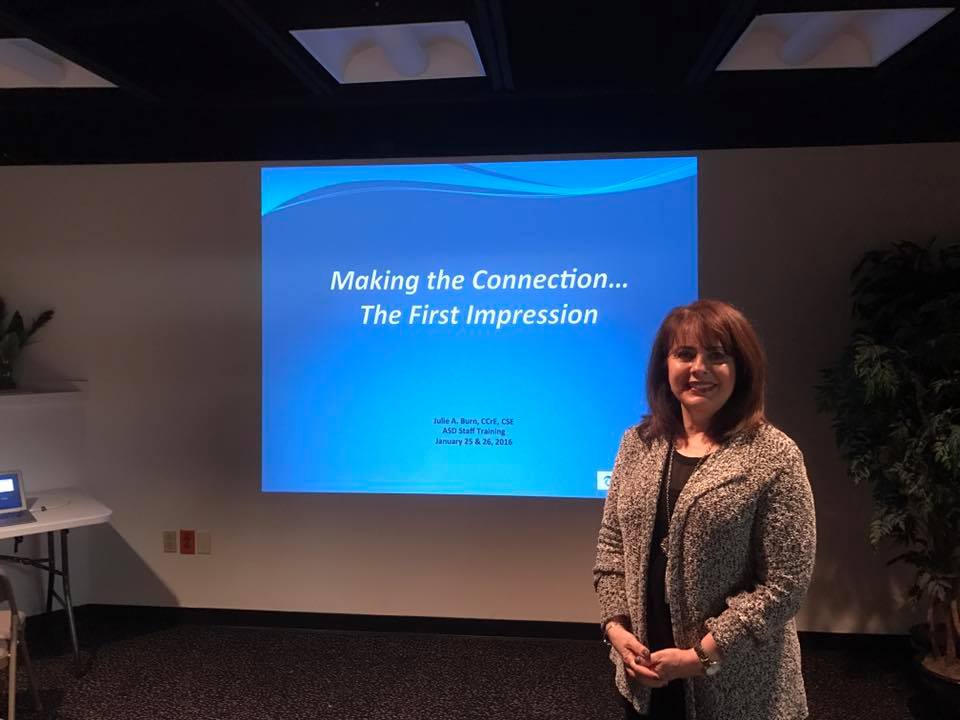
Cremation Specialist,
Julie Burn,
CCrE,
CSE, delivered a seminar on communication to ASD staff in January 2017.
In previous years, we
have also hosted NFDA Director of Membership Development,
Lacy Robinson, who spoke
with ASD employees about how to earn the trust of a caller who is shopping for
cremation. Lacy gave some useful tips on different strategies our Call
Specialists can use to protect these calls for funeral directors. By allowing
our staff to continually grow their knowledge base and hone their skills, ASD
can offer a higher level of service to funeral homes while fostering a
supportive company culture.
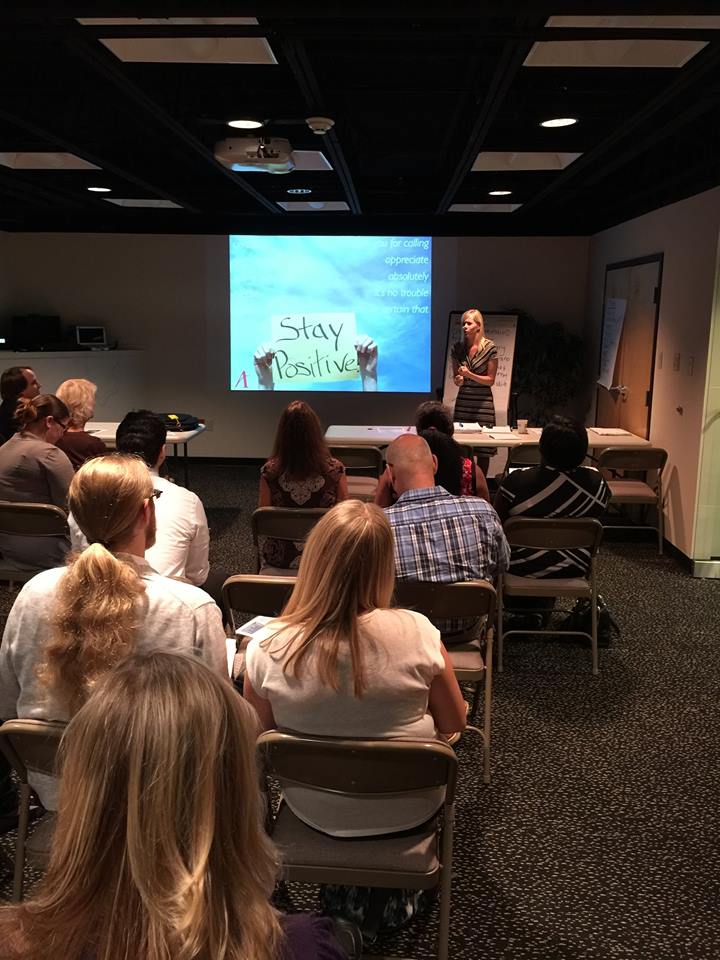
NFDA Director of
Member Development, Lacy Robinson, speaking to ASD employees about cremation
phone shoppers.
3. Jewish Funeral
Traditions
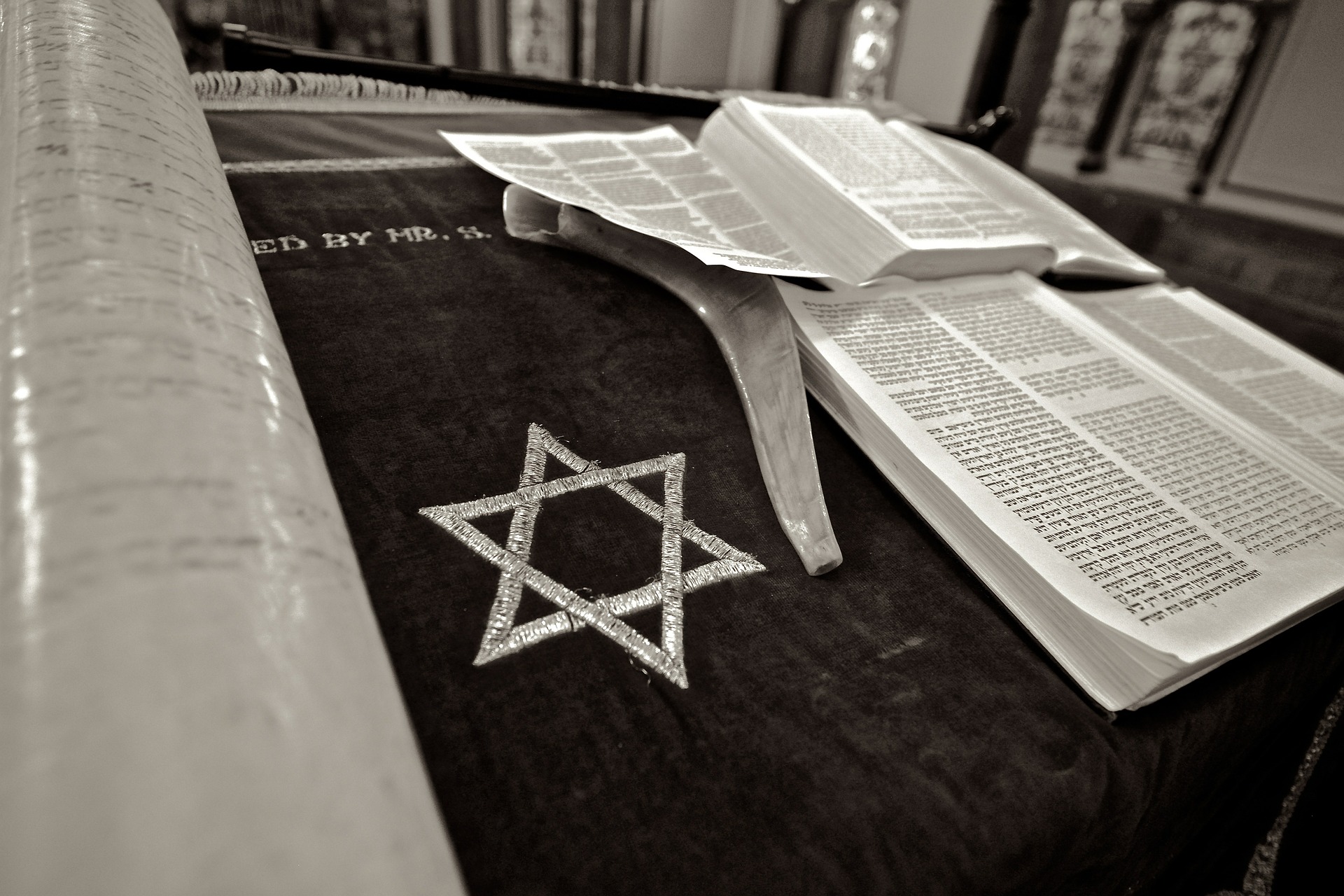
Families who follow the Jewish faith choose funeral homes
that are experienced in handling Jewish funeral services because they know
their needs will be understood. Similarly, many Jewish funeral homes use ASD
for their answering service because they know all of our Call Specialists
receive special training on Jewish funeral traditions and their callers will
benefit from this expertise. This familiarity with the burial customs and
beliefs of Jewish families helps our staff to better serve our Jewish clients. As
part of our training program, Call Specialists learn about the timing of Jewish
funeral services, the meaning of sitting Shiva, and so much more. They are even
educated on burial garments, the role of a Shomer, and the tradition of holding
a Taharah purification service.
“In training, we dedicate time specifically to learning
about Jewish burial customs,” explains Hopson. “We outline the holidays and
give lecture on how dispatching calls, funeral home hours, and cemetery hours
may be affected by the Holy Days,”
explains Hopson. “We teach them about dedication/ unveiling of
a memorial a year after the date of death and Yahrzeit. We can also
dispatch a Shomer or Rabbi for the funeral home at the request of the family if
we are provided with one by the funeral home.”
In addition to lectures, ASD also provides the trainees with
access to a web module that outlines the Jewish faith with emphasis on burial
customs. This information is automatically displayed anytime one of our
Call Specialists handled a call for a Jewish funeral home, giving our staff an
easy reference point.
In July, ASD was visited by one of our longtime clients,
Joyce Torchinsky of Torchinshy Hebrew Funeral Home in Washington, DC. Joyce
spoke to our staff about the traditions of Judaism and the different funeral
services she provides. She held several speaker sessions in our office
conference room and we had a packed house for every one. Dozens of our
employee’s were eager to learn more about the time-honored funeral traditions
of the Jewish faith. This provided an excellent opportunity for everyone
at ASD to further their education on Jewish funeral traditions.
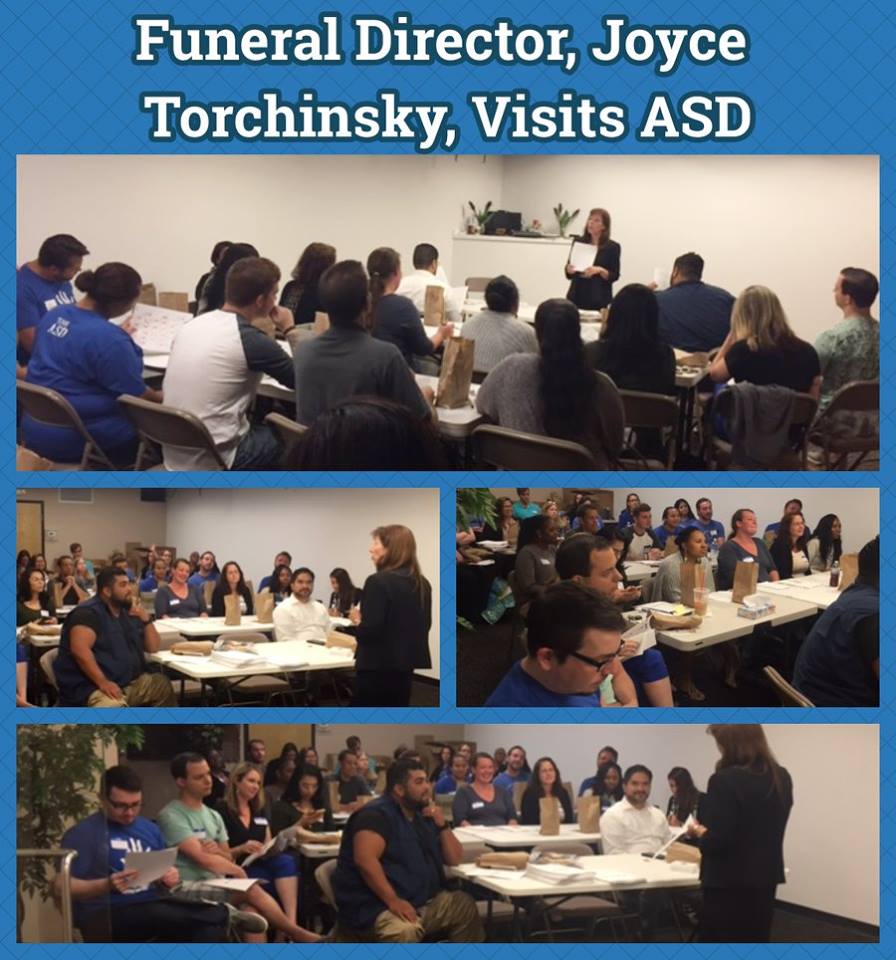
Funeral Director, Joyce Torchinsky of Torchinsky Hebrew Funeral Homes addressing ASD staff on Jewish funeral traditions
4. Pet Funerals and
Cremation

When a person loses a beloved pet, it is like losing a
member of the family. ASD’s training program emphasizes the importance of
conveying empathy on all calls relating to pet burials and cremations. New
employees must become familiar with all of the different ways ASD can customize
our systems for clients that offer pet services. From gathering detailed
information from a vet or pet owner to contacting a specific on-call person who
is designated for pet calls, our systems can accommodate any request. These
customizations are reviewed in detail during our training program to ensure all
new employees understand how to handle any calls relating to a pet death.
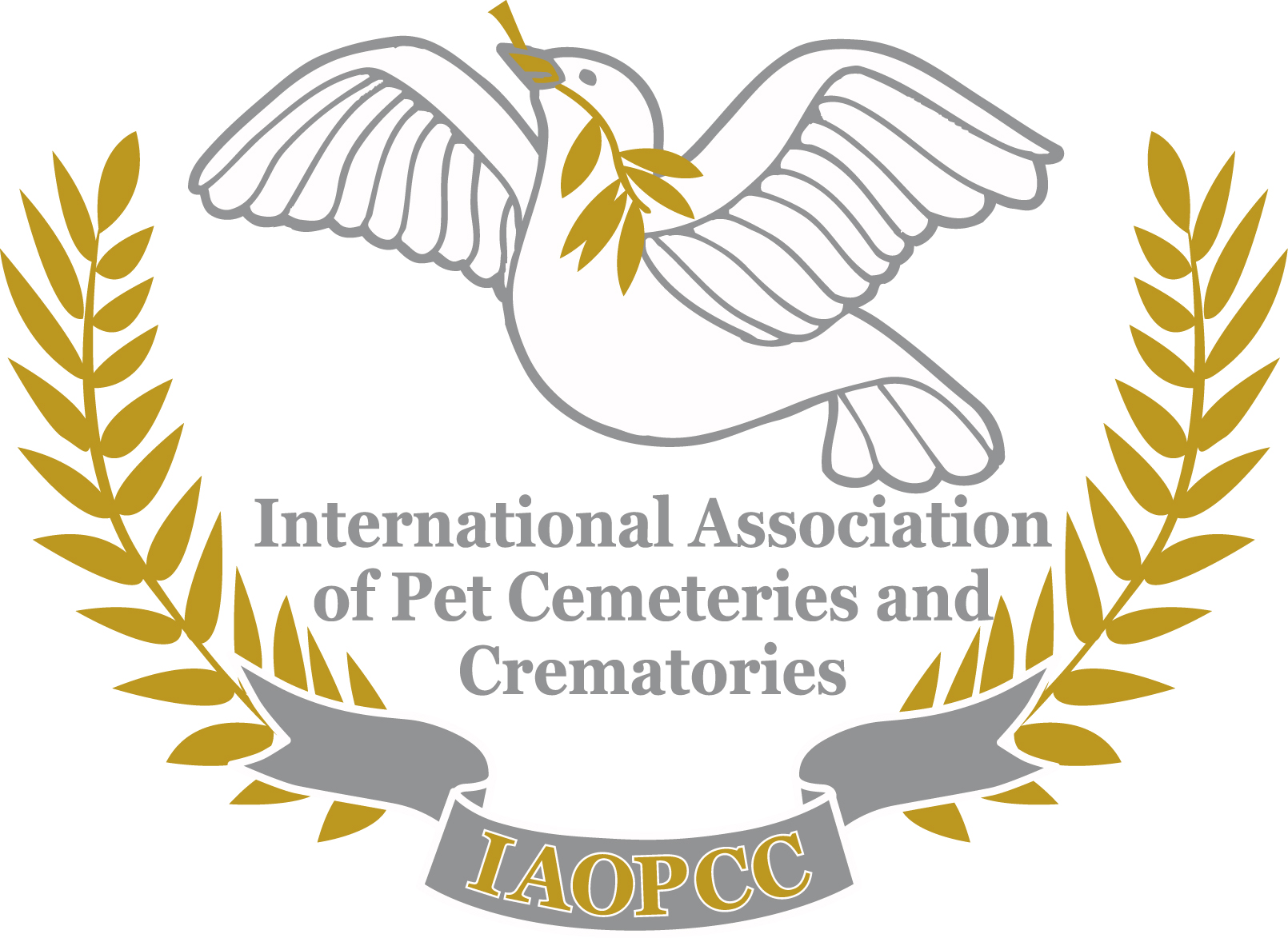
ASD is pleased to
support the International Association of Pet Cemeteries and Crematories. We
have attended the association’s annual conference for the last two years in an
effort to learn more about how ASD can better serve pet cemeteries and
crematories.
5. Mortuary Science
Colleges
While studying how to become embalmers and funeral
directors, mortuary science students work with cadavers that are donated to
science. ASD works with colleges across the country to help them field calls
relating to body donation. During our training program, we go over mortuary
science colleges in detail to explain the body donation process and the most
common calls we receive on these accounts.
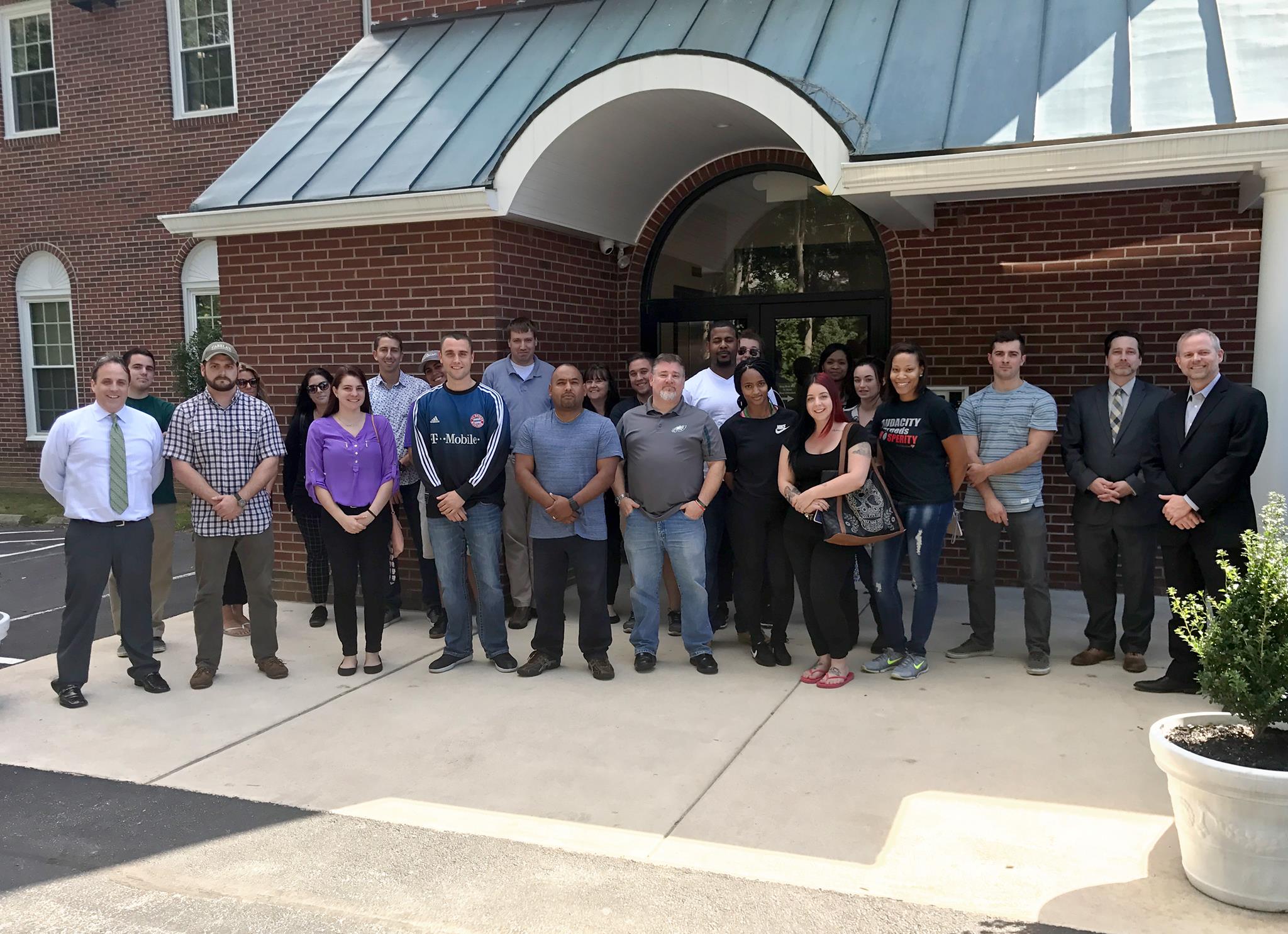
This past September,
Mortuary Science students from Mercer County Community College visited ASD to
take a tour of our office and learn about our company. It was wonderful
opportunity for ASD to gain valuable insights about funeral service education
and curriculum.
6. Coroner and Medical
Examiner Offices
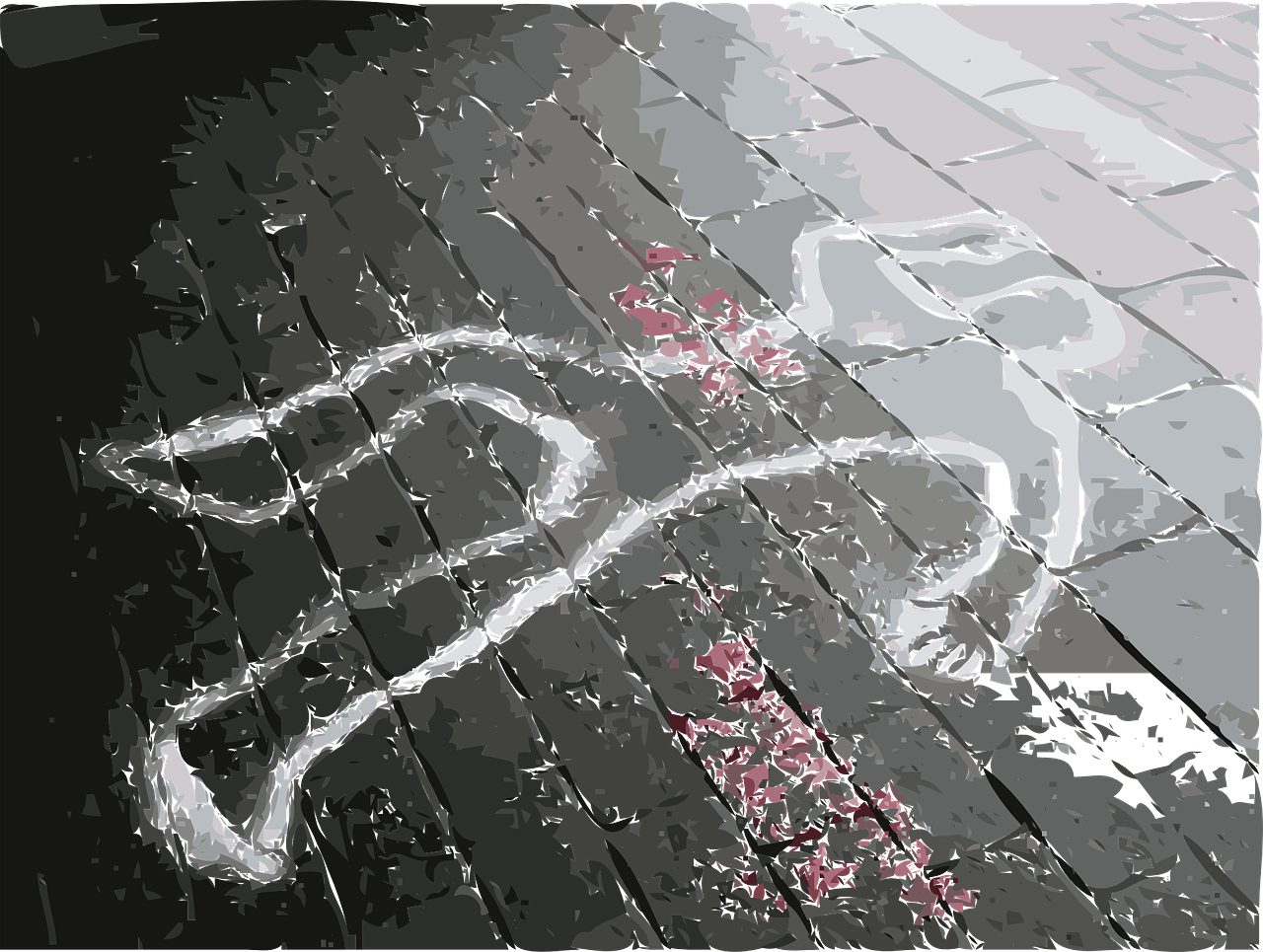
The role of a county coroner or medical examiner and the
process that follows when a death occurs unexpectedly is explored in depth
during ASD’s training program. We answer for many county coroner and medical
examiner offices across the country. We also take calls for funeral homes from
coroners or medical examiners about release forms and the transport of remains.
Trainees must demonstrate their understanding of the differences between a
county coroner, medical examiner and a funeral director, their specific roles
and how they overlap. Examples of different coroner and medical examiner
offices we work with are displayed during training to help our new employees
understand how each account is customized.
7. Cemeteries
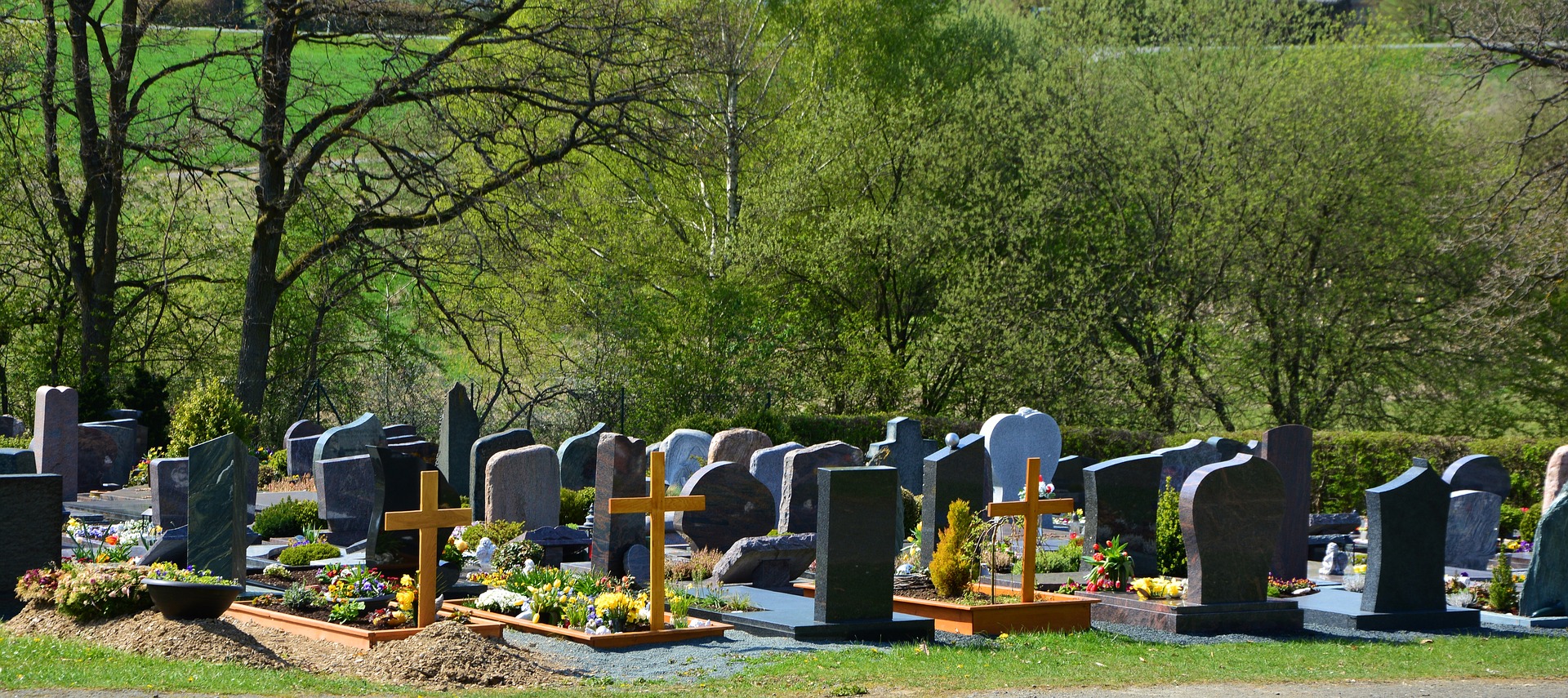
these are owned by clients who also have a funeral home business ASD supports.
For these accounts, ASD uses a special customization that our Call Specialists
are trained to recognize as a funeral home and cemetery combination. Specific
preferences for handling funeral home calls and cemetery calls are clearly
defined on the account. Our Call Specialists learn how to differentiate calls
for the funeral home and calls for the cemetery and to dispatch messages
accordingly. They become familiarized with the proper terminology so they can
easily identify and categorize each call. For instance, ASD operators are well
aware that purchasing a cemetery plot is not the same as creating a prearranged
funeral policy. Phrases such as ‘opening a plot,’ ‘unveiling’ or ‘interment’
are covered extensively during our training program so that our Call
Specialists will always sound informed and knowledgeable when handling calls
for cemeteries.
8. Organ Donation
Recovery
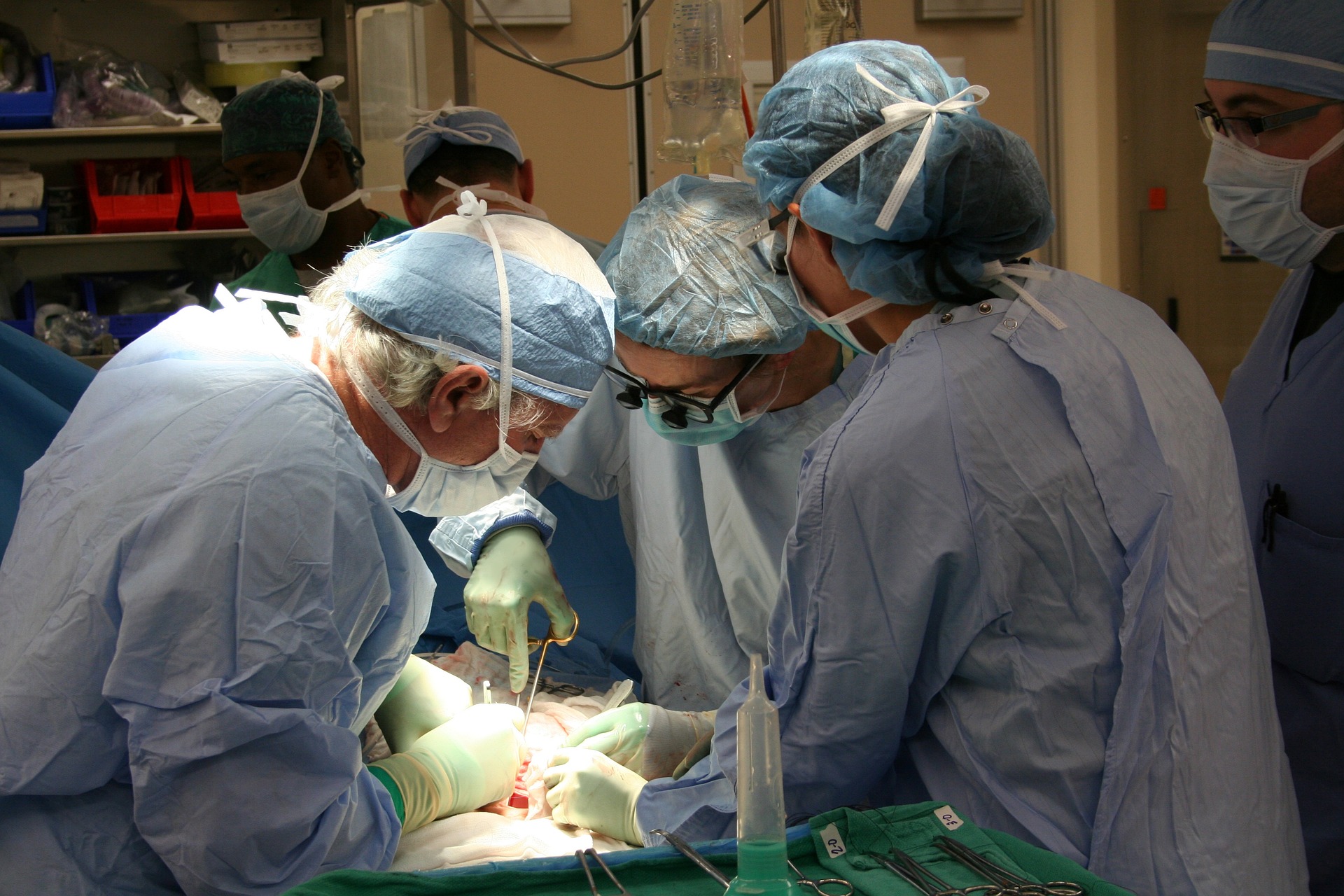
Funeral homes are contacted quite often from organ donation
recovery agencies. These calls are almost always extremely time-sensitive as
they usually impact the timeline of when a funeral home can retrieve a deceased
person from a facility. In some cases, the organ donation organization may be
the first person to notify a funeral home of a passing. ASD’s training program
outlines the type of calls our Call Specialists can expect to receive from
donor agencies and the importance of dispatching these messages without delay.
9. Veteran Funeral
Benefits
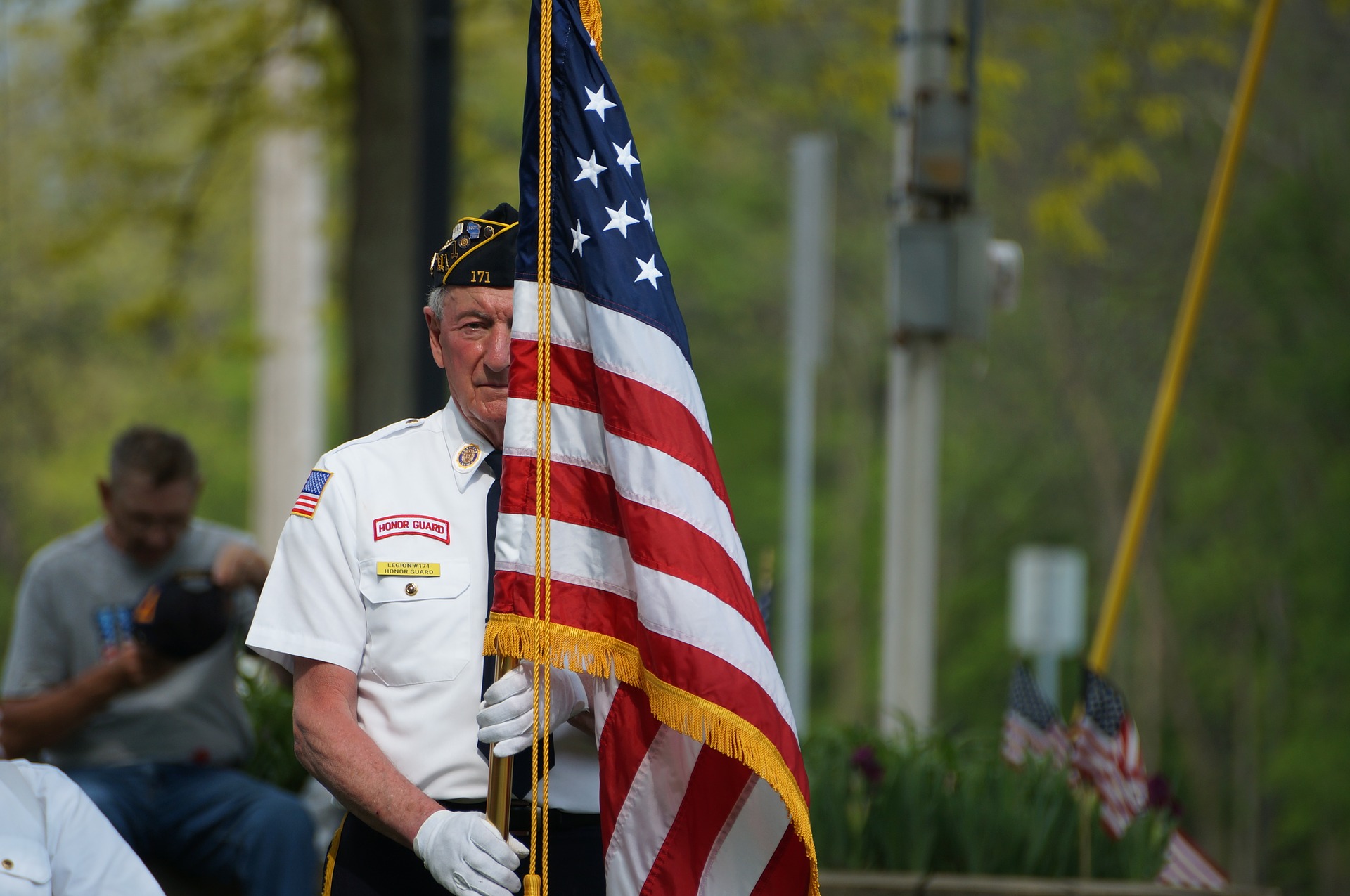
much to protect our freedoms. One of the ways our country honors those who
serve is by providing veteran benefits, which includes an honor guard detail. ASD
handles many calls that relate to coordinating military funeral honors. Our
Call Specialists speak often with different armed force branches, veteran
cemeteries, the VFW and the American Legion. We also receive calls from the
American Red Cross relating to military personnel overseas that need to return
home for funerals. Our training program details the role of each of one of
these organizations and how they relate to veteran funerals. This information
helps our staff to handle these calls with confidence and expertise.
The central goal of ASD’s 6-Month Training Program is to give our new hires every advantage and opportunity to expand their knowledge and grow their skills during this orientation period. One of the first things our employees learn is the enormous responsibility entrusted to us by our clients and the importance of honoring that trust by representing the funeral home both professionally and compassionately. The topics listed above are just scratching the surface on the many different ways we support our staff and help them to reach their full potential.
What are some other topics you think should be covered during ASD’s training? Leave a comment below to share your thoughts with us – we’d love to hear from you!
About The Author
Jess Farren (Fowler)
Jess Farren (Fowler) is a Public Relations Specialist and Staff Writer who has been a part of the ASD team since 2003. Jess manages ASD’s company blog and has been published in several funeral trade magazines. She has written articles on a variety of subjects including communication, business planning, technology, marketing and funeral trends. You can contact Jess directly at Jess@myASD.com
